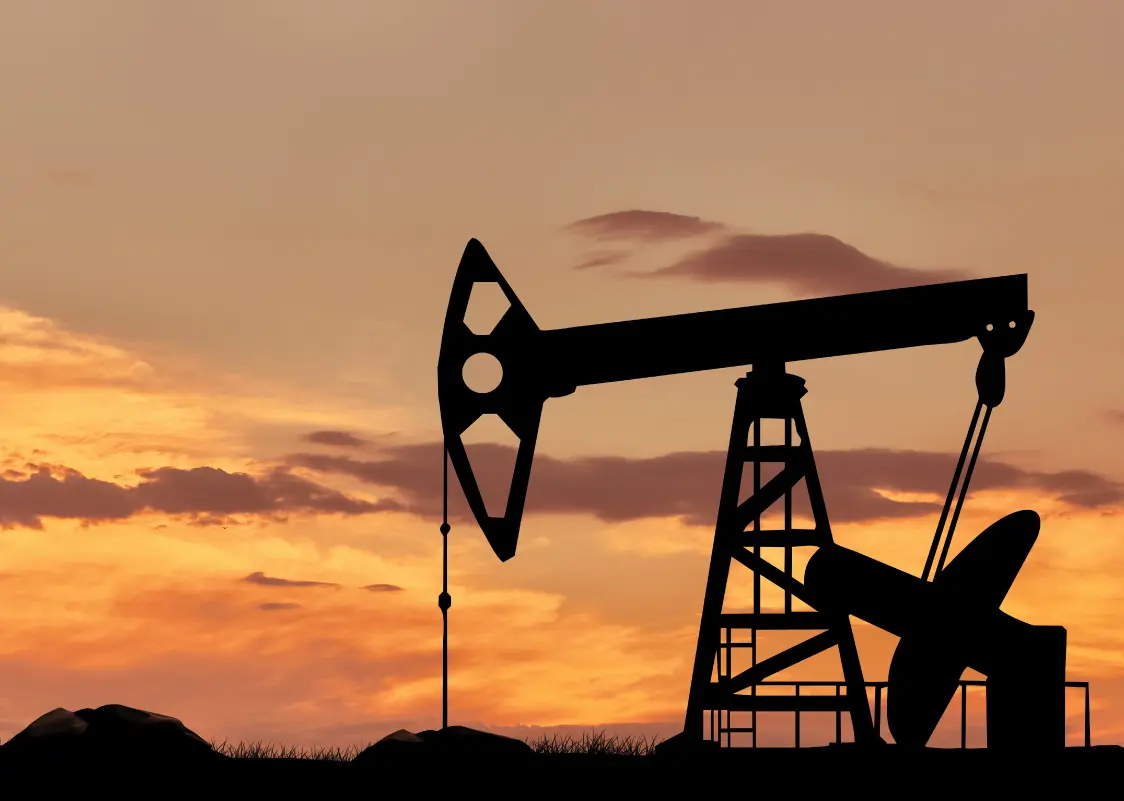The administration of U.S. President Joe Biden announced on Tuesday it will release millions of barrels of oil from strategic reserves in coordination with China, India, South Korea, Japan and Britain, to try to cool prices after OPEC+ producers repeatedly ignored calls for more crude.
Biden, facing low approval ratings and accelerating inflation ahead of next year's congressional elections, has grown frustrated at repeatedly asking the Organization of the Petroleum Exporting Countries and its allies, known as OPEC+, to pump more oil without any response.
"I told you before that we're going to take action on these problems. That's exactly what we're doing," Biden said in remarks broadcast from the White House.
"It will take time, but before long you should see the price of gas drop where you fill up your tank, and in the longer-term we will reduce our reliance on oil as we shift to clean energy," he said.
Crude oil prices recently touched seven-year highs, and consumers are feeling the pain. Retail gasoline prices are up more than 60% in the last year, the fastest rate of increase since 2000, largely because people have returned to the roads as pandemic-induced restrictions have eased.
Under the plan, the United States will release 50 million barrels, the equivalent of about two and a half days of U.S. demand. India, meanwhile, said it would release 5 million barrels, while Britain said it would allow the voluntary release of 1.5 million barrels of oil from privately held reserves.
China, the world's largest crude importer, remains non-committal, though it has taken steps this year to cool price rises of other commodities in its domestic market. Beijing will release crude oil from its reserves according to its needs, a foreign ministry spokesman said on Wednesday.
Brent crude rose for a second day on Wednesday to $82.70 a barrel by 0908 GMT, after falling more than 10% for several days on concerns of more supplies from SPR releases. Goldman Sachs said the volume announced was "a drop in the ocean".
OPEC+, which includes Saudi Arabia and other U.S. allies in the Gulf, as well as Russia, has rebuffed requests so far to pump more. It meets again on Dec. 2 to discuss policy but has so far shown no indication it will change tack.
Japan and South Korea are IEA members. China and India are only associate members.
Source:
https://www.ft.com/content/a682a7c8-66d3-466a-948c-451c56ead1ed
https://www.reuters.com/markets/commodities/us-set-unveil-emergency-oil-release-bid-fight-high-prices-2021-11-23/
https://www.spglobal.com/platts/en/market-insights/latest-news/oil/112421-crude-oil-futures-extend-gains-after-3-surge-overnight-on-spr-release







